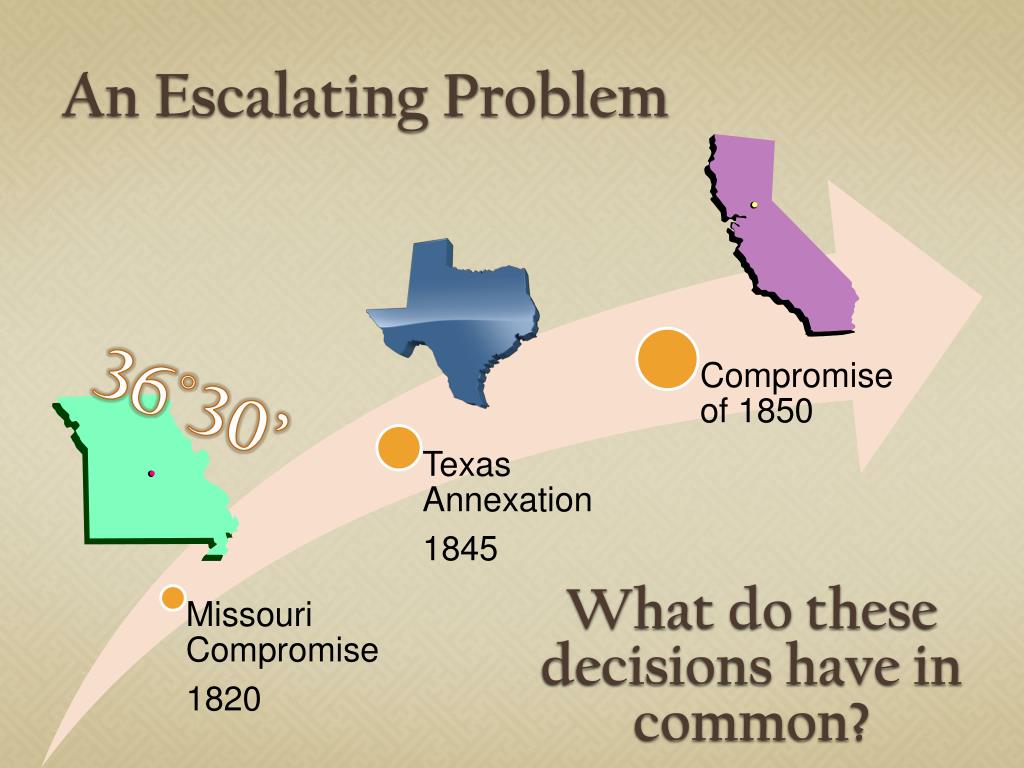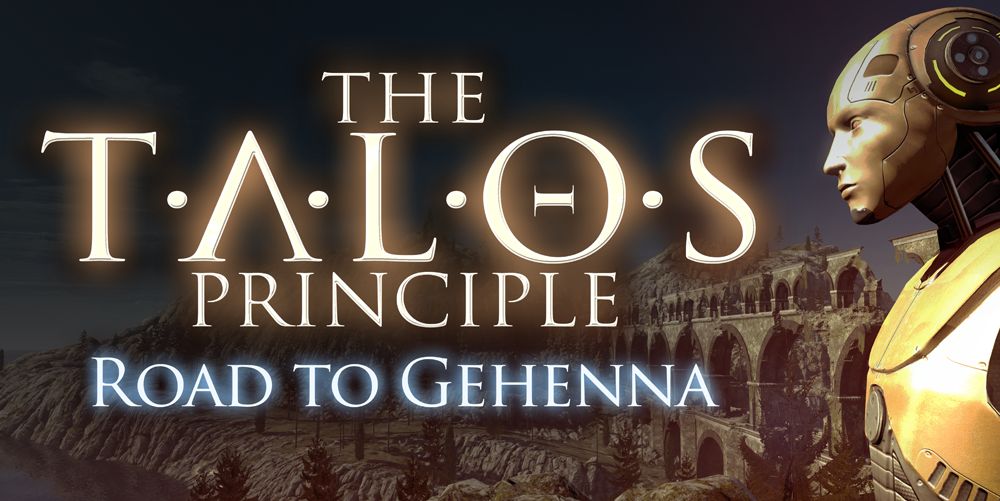

Jammers and light-refracting rods let you manipulate any number of devices. Nevertheless, the combination of tools and level design keep the puzzles consistently fresh. It's not uncommon to hold a barrier open from both sides so that you can get the tools you need to progress further. One element remains consistent: most puzzles task you with bypassing whatever is in your way through logic, often to the point where the game becomes a door-holding simulator.

Other obstacles, like mines, machine guns, or even the level itself, require similar strategies, but also involve timing and light reflexes. The most basic of these is the barrier of light, which you can dissipate by pressing a switch, aligning a colored beam of light into a matching hole, or disrupting it by using a special jammer you sometimes find nearby. Levels typically involve finding your way from one point to the next while bypassing the obstacles along the way. The tetrominoes themselves are cleverly placed behind gauntlets of puzzles you have to solve using several implements and switches that have been provided for you.

The jammers deactivate laser barriers and turn off mounted machine guns. Sometimes the details of the world around you turn blurry and fuzzy, as if the world itself is glitching, so it's not hard to figure out you're inside some kind of computer simulation. Your form is robotic in nature, so you immediately deduce that you're not a biological human being. And yet you're not entirely blind to the circumstances around you. Collect all the pieces, and you earn life eternal.
The talos principle an escalating problem free#
You have free rein to enter and unlock every area within your sight, but the voice forbids you from ascending the tower at the center. You then hear what claims to be the voice of God, who commands you to gather the multitude of tetrominoes scattered throughout. You awaken in a Grecian garden with no memory of what came before, armed with only the sophisticated communication skills that an adult might possess. Why are we doing what we're doing? Is there a point to living, some grand design that makes our work worth it? This exact sense of isolation is explored in The Talos Principle, a contemplative meditation on the nature of humanity wrapped in an excellent first-person puzzle game. This only really affects us because it mirrors how life treats us a lot of times. We even feel trapped within the very mysteries we're meant to solve as we question what the point of it all is. The finite levels begin to close in as you feel their limitations stop you from doing what you really want to do. It's not just that no one else is around in the game, but everything is obscured from our perception. There comes a point in single-player games where we can feel utterly alone with ourselves.


 0 kommentar(er)
0 kommentar(er)
